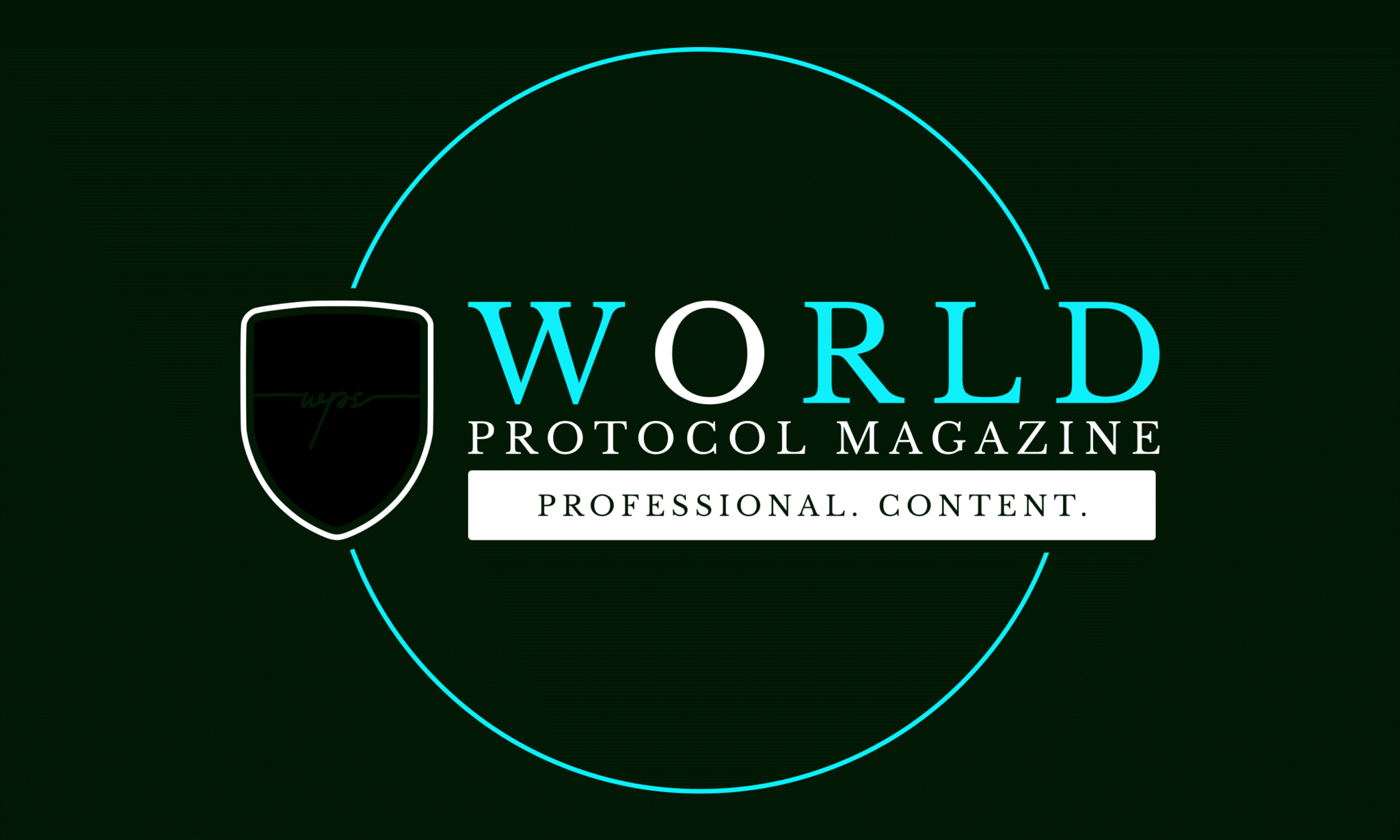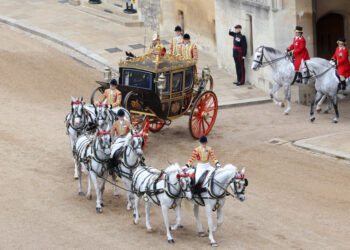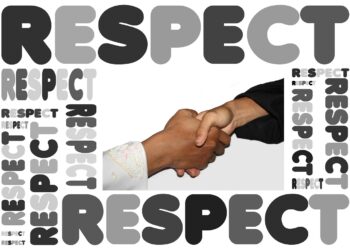 As the World Protocol Magazine Editorial Board, we take enormous pride in keeping this platform open to all experts from the numerous fields of business and protocol: Elisabeth Soos, from Australia is the next of many who have taken the opportunity of working together with WPM. Ms Soos is an Australian-based etiquette expert and owner of Auersmont School of Etiquette (ASE), the first finishing school established in Melbourne, 2010. The school offers online coaching, group training, and variety of short courses. ASE is ideal for those who want to confidently enter industries such as the diplomatic corps, parliament, and international private and public companies such as finance, healthcare, and medicine. From a young age, Elizabeth had an interest in the European ways of etiquette. After working 20 years between corporate finance and executive administration, she opened ASE; this was her true calling. Her programs provide a deep dive into global business etiquette and royal etiquette, helping her clients be prepared by putting their best foot forward. She believes that “The definition of etiquette has evolved; it’s the face in front of–and behind–technology.” She threads this belief through all of her services.
As the World Protocol Magazine Editorial Board, we take enormous pride in keeping this platform open to all experts from the numerous fields of business and protocol: Elisabeth Soos, from Australia is the next of many who have taken the opportunity of working together with WPM. Ms Soos is an Australian-based etiquette expert and owner of Auersmont School of Etiquette (ASE), the first finishing school established in Melbourne, 2010. The school offers online coaching, group training, and variety of short courses. ASE is ideal for those who want to confidently enter industries such as the diplomatic corps, parliament, and international private and public companies such as finance, healthcare, and medicine. From a young age, Elizabeth had an interest in the European ways of etiquette. After working 20 years between corporate finance and executive administration, she opened ASE; this was her true calling. Her programs provide a deep dive into global business etiquette and royal etiquette, helping her clients be prepared by putting their best foot forward. She believes that “The definition of etiquette has evolved; it’s the face in front of–and behind–technology.” She threads this belief through all of her services.
Australians are viewed as a laid back and relaxed nation. Today, Australia has up to 220 different ethnicities coexisting together, culminating in a perception by others of not only being easy going but accepting and adventurous.
 Colonisation of Australia by the British brought the class system into action however after World War I and II, Vietnam war, indigenous rights and multiculturalism, these ideals faded out. Today a commonly held belief in Australia is that everyone is equal and deserves equal rights and opportunities which is otherwise called egalitarianism. You’ll often hear that everyone deserves the right for a ‘fair go’.
Colonisation of Australia by the British brought the class system into action however after World War I and II, Vietnam war, indigenous rights and multiculturalism, these ideals faded out. Today a commonly held belief in Australia is that everyone is equal and deserves equal rights and opportunities which is otherwise called egalitarianism. You’ll often hear that everyone deserves the right for a ‘fair go’.
The question now is, if Australians are relaxed and ‘laid back’, do they USE or NEED etiquette or protocols?
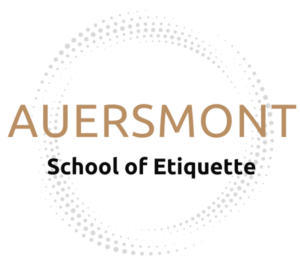 The answer is yes. Etiquette has changed in Australia over the years. It was introduced when English gentry settled here in the country’s colonial infancy. Essentially, etiquette, like new laws, relationships, and services which underwrote the changes to the country’s environment, economy, and society, has been re-written from the birth of Australia to our days today.
The answer is yes. Etiquette has changed in Australia over the years. It was introduced when English gentry settled here in the country’s colonial infancy. Essentially, etiquette, like new laws, relationships, and services which underwrote the changes to the country’s environment, economy, and society, has been re-written from the birth of Australia to our days today.
 During an ABC radio interview with Richard Aedy, Ita Buttrose described Australian society as having changed over time to become “an informal society”. However, the fundamentals of how we treat each other have not changed over the years. Buttrose went onto say that manners “are a sign of a civilised society” that “make the world a much nicer place to be.”
During an ABC radio interview with Richard Aedy, Ita Buttrose described Australian society as having changed over time to become “an informal society”. However, the fundamentals of how we treat each other have not changed over the years. Buttrose went onto say that manners “are a sign of a civilised society” that “make the world a much nicer place to be.”
There is an undercurrent of social norms and expectations in Australia, not obviously spelt out. For example, that
- Showing authenticity and the giving of yourself, will have the other person comfortable in minutes.
- Social situations assist in getting to know other better, especially over a meal and a drink or two.
- Being on time is expected and noted if there is not a good explanation for being late.
- Tipping is not necessary in Australia, however, much appreciated.
- Introducing yourself, rather than waiting to be introduced, shows friendliness.
- Displaying over-confidence, talking too much and being critical, will make sure that you are given a wide berth.
- Sharing during mealtime is important and giving the correct amount when splitting the bill, never leaving the payee short. (Yes, splitting the bill is quite common).
- Australians love to joke, have a laugh, and shorten names…do not be surprised when you are given a short nickname!
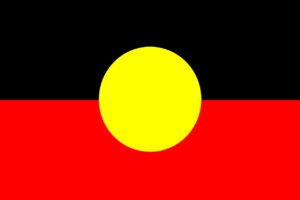 Generally, Australians will only be taught soft etiquette and protocols skills through school, and often indirectly. Later, further skills are picked up via work, friends, family, partner and while travelling. The majority will know, understand, and perform cultural traditions as a matter of respect and showing willingness to integrate and accept one another.
Generally, Australians will only be taught soft etiquette and protocols skills through school, and often indirectly. Later, further skills are picked up via work, friends, family, partner and while travelling. The majority will know, understand, and perform cultural traditions as a matter of respect and showing willingness to integrate and accept one another.
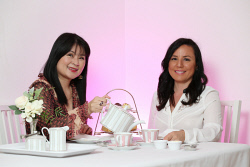 Those who work for government, parliament, defence, the judiciary system, ambassadorial and indigenous programs, and international business will be specifically taught these subjects.
Those who work for government, parliament, defence, the judiciary system, ambassadorial and indigenous programs, and international business will be specifically taught these subjects.
For further reading, I recommend the following:
Australian protocol:
- An Experts’ Guide to International Protocol: Best Practices in Diplomatic and Corporate Relations by Gilbert Monod de Froideville and Mark Verheul
- Australian Protocol & Procedures by Asher Joel and Helen Pringle
- Debrett’s Handbook of Australia and New Zealand
Australian etiquette:
- The Penguin Book of Etiquette – The complete Australian Guide to Modern Manners
- A Guide to Australian Etiquette by Ita Buttrose
Credits of the last photograph: The Western Australian Newspaper.
For further information, please visit the school’s website at https://auersmont.com.au/index.html.
